If you’re reworking your garage, you’ll need to think about what flooring to use. Here are 5 types of garage flooring to consider.
In the U.S., 63% of housing spaces include a carport or a garage. They’re most common in new builds, owner-occupied homes, and houses in the Midwest and West.
Whether you’re looking for a convenient place to park your vehicle, store tools or a lawn mower, or to use as a workshop, a garage can be a very valuable space.
But, what if there’s an issue with the garage flooring? Concrete is very expensive to replace, but the floor plays a major role in the look, safety, and usability of a garage.
Luckily, you have other options to upgrade your garage flooring that don’t involve new concrete. Keep reading to learn about some of the most popular flooring solutions.
1. Epoxy-Coated Concrete
One of the most popular garage floor solutions is an epoxy coating. If your floor has oil stains, water marks, or minor cracks, epoxy coatings offer a quick solution. It also helps even out any grading issues.
Plus, once it’s cured it keeps new stains from forming. You can easily rinse off dirt with water and multipurpose soap.
Epoxy comes in a range of different colors like white, red, black, or gray. You can also add colorful speckles for more visual interest and traction. It’s also easy enough for a DIY project, though you can also have it done professionally.
That said, you just need to avoid any abrasive cleaners as it can damage the coating. As long as you stay away from harsh cleaners, your epoxy coating will look great for years to come.
2. Polyaspartic Floor Coating
Polyaspartic floor coating is similar to epoxy except it dries faster and lasts longer. Much like epoxy, it goes on with a roller but its quick dry time requires professional installation.
Unlike epoxy, it doesn’t give off harmful odors during the installation. Plus, you don’t need to wait for the right outdoor temperature to apply it like epoxy. You can have polyaspartic floor coating installed in cold or hot weather and it will still cure in an hour.
Compared to epoxy, polyaspartic does cost more because of the product itself and its professional installation requirement. It’s also a bit more slippery than epoxy and is still susceptible to corrosives, especially battery acid.
3. Concrete Sealant
Another option for garage flooring is a simple concrete sealant like urethane or latex. These sealants won’t hide stains or imperfections, but they will create a protective barrier between the concrete and the rest of your garage.
A sealant can keep out stains, water damage, and other spills. That’s what makes it a good choice for new concrete. Since you won’t have to worry about covering stains, it’s a good way to keep your floor looking great for a long time.
The trouble is, urethane can take as much as three weeks to dry completely, especially during colder weather. It’s also highly toxic when it’s wet, which can be an issue if you have kids or pets. Ideally, you’d be able to leave your garage door open until it cures.
Concrete sealant can work in detached garages and you can do it as a DIY project. Just remember to wear a respirator and buy a sealant that’s designed for indoors.
4. Floor Mats and Rolls
If you’re looking for a chemical-free option for a certain area of your garage, consider garage floor mats or rolls. Garage mats are ideal for garage workshops as they’re good anti-slip protection. Plus, you can customize the size.
They’re ideal for covering the floor of a workshop area, creating a home weightlifting gym in your garage, or even for parking motorcycles.
Garage mats aren’t designed to cover your entire floor as they can soak up oil. That said, you can easily rinse them off with water, let them dry, and then put them back in your garage. They’ll also hide existing stains while preventing new ones.
Just keep an eye on stains as they can soak through the mat and into the concrete. If you plan on making a lot of spills, you might want to consider an epoxy or polyaspartic floor since they’re easier to rinse off.
Most mats and rolls are rubber, but you can also find them in vinyl. You can also have them cut to different sizes depending on your needs. You also have the option to choose from different colors, patterns, and styles.
5. Interlocking Floor Tiles
Another chemical-free option is interlocking floor tiles. These come in hard and soft plastic, rubber, vinyl, and carpet. Out of all the flooring options, you have the widest selection with floor tiles.
Plastic and rubber tiles can’t handle a lot of heavy traffic and they can be difficult to clean. That said, they’re very easy to install since they simply snap together. Some tiles can hold moisture under them so make sure your garage is dry before you install them.
These floor tiles are a great option if you use your garage as more of a showroom, workshop, or place to relax. They’re the most stylish option too thanks to the wide selection of colors, designs, and patterns.
Floor tiles will instantly transform your garage, no matter what you plan on using it for.
Upgrade Your Garage Flooring Today
Garage flooring can protect the concrete, improve the look of your garage, and make it more comfortable to work in.
Whether you’re looking for new garage flooring, garage door repair, door replacement, or a new opener, Garage Harmony can help. We offer scheduled and same-day service to the greater Portland area, Bend, Oregon, and Plano, Texas.
Contact us today to learn more about our services, get a quote, or book a service call.

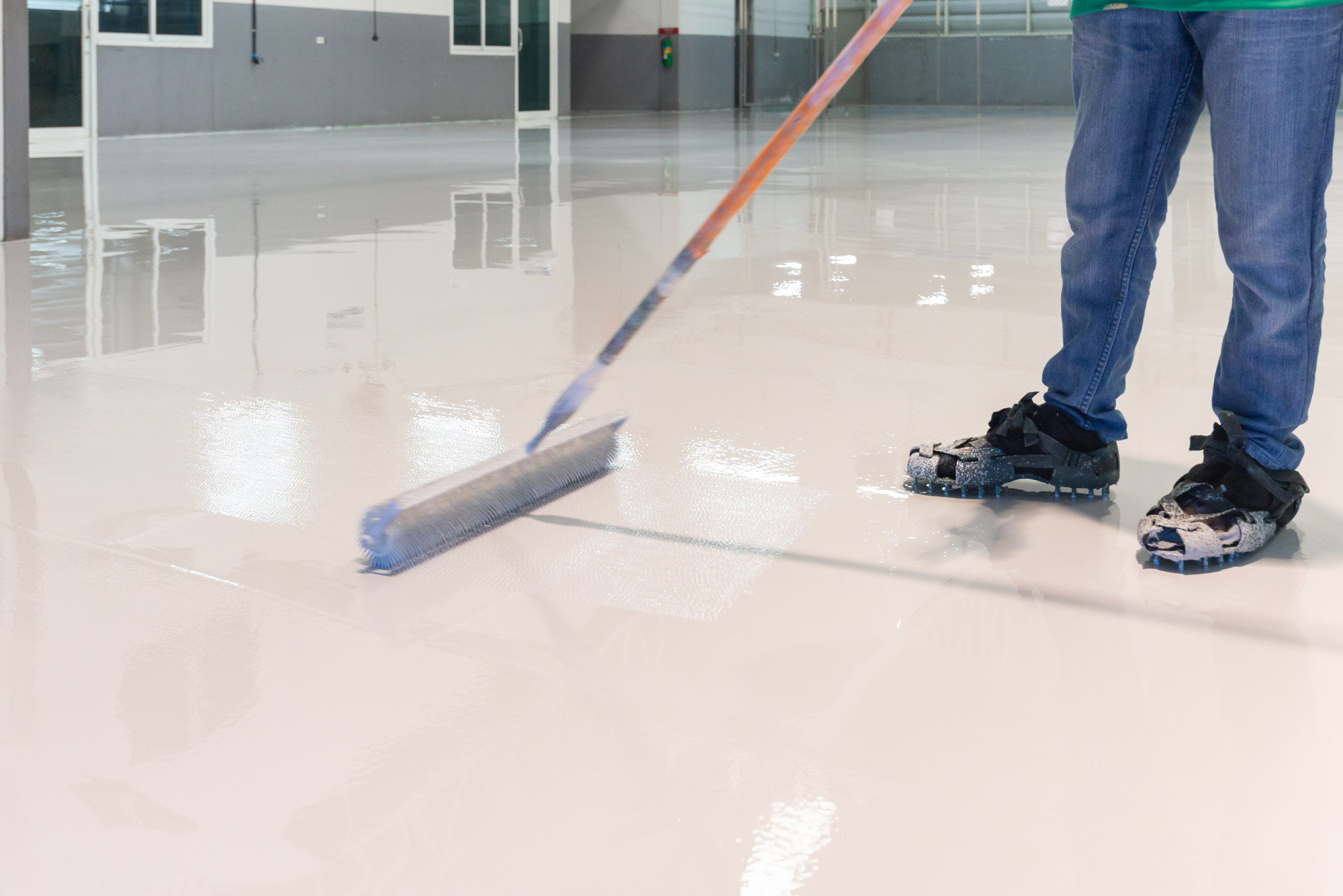
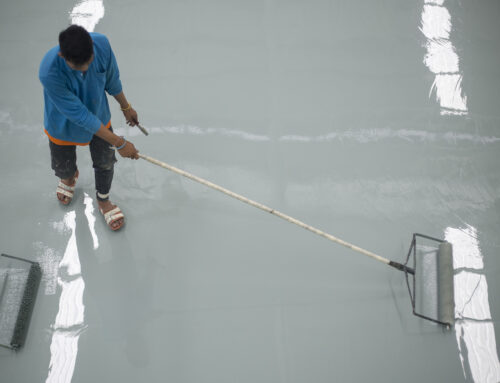
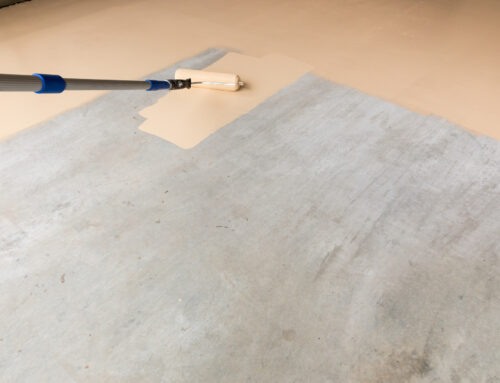
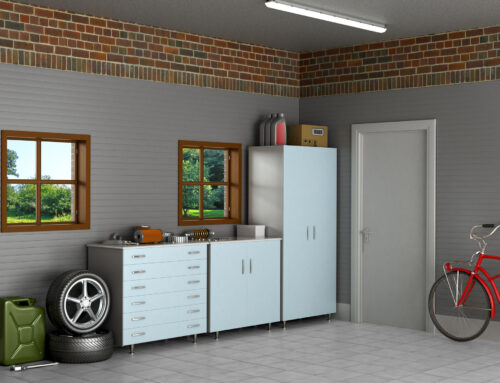
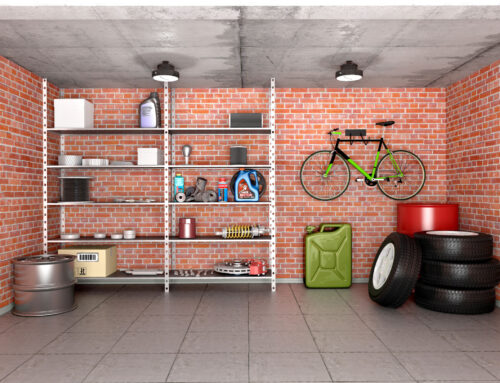
Leave A Comment